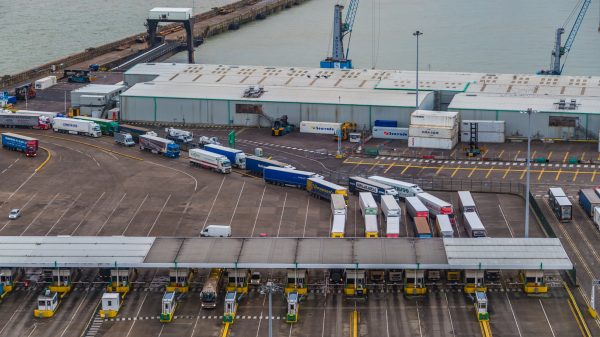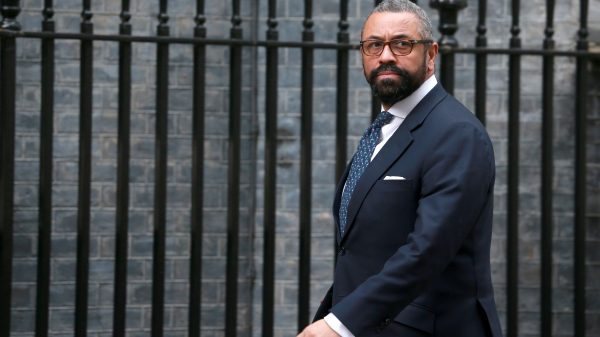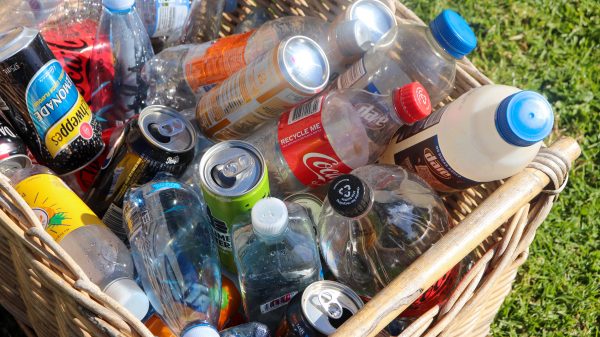Supermarket shortages of some fresh fruits and vegetables could last as long as another month, according to environment secretary Thérèse Coffey.
Speaking today in the house of commons, Coffey said that, while she hoped the shortages would be a “temporary issue”, she expected the situation to “last about another two to four weeks”.
She also revealed that government talks with retailers were already underway to ensure that shelves remain fully stocked in the future.
“It is important that we try and make sure that we get alternative sourcing options. That is why the department has already been in discussion with the retailers,” she said, adding that further discussions would be had in order to “try and avoid similar situations in the future”.
Subscribe to Grocery Gazette for free
Sign up here to get the latest grocery and food news each morning
“Even if we cannot control the weather it is important that we try and make sure the supply continues to not be frustrated in quite the way it has been due to these unusual weather incidents,” she continued.
“This volatility is unwelcome but I’m conscious that our supply chain is resilient and that we will continue to invest in our farmers for generations to come.”
Shoppers across the UK have been faced with empty fruit and veg aisles this week, thanks to supply chain shortages which have led to Tesco, Asda, Morrisons and Aldi limiting the amount of fresh produce consumers are able to buy at any one time.
The shortages of many salad vegetables – such as tomatoes, peppers and cucumbers – has been caused by a number of factors, including poor weather abroad leading to a reduced harvest, insufficient UK crops due to rocketing energy costs and other supply chain issues.
British Retail Consortium director of food and sustainability, Andrew Opie has said he also believes the disruption will last “a few weeks”, adding that supermarkets are “adept at managing supply chain issues” and are working with farmers to ensure that stock levels return to normal as soon as possible.
The temporary rationing of some fruit and vegetables has been welcomed as a precautionary measure, with former Sainsbury’s CEO Justin King describing fair purchase policies as “the right way to manage the issue in the short term”.
However, supplies from British farms have also been suffering as many farmers have planted fewer crops this winter due to the rocketing costs of heating the greenhouses needed for winter production as well as surges in the price of fertiliser and the cost of packaging.
British Growers Association CEO Jack Ward said that growers were not planting crops last winter as they were not confident they would recoup the costs of doing so.
Domestic production of salad is currently at its lowest level since records began in 1985, according to The National Farmers’ Union (NFU) president Minette Batters, who has openly criticised the government for supporting botanical gardens with their greenhouse energy bills, but not food producers.
Shadow environment secretary Jim McMahon told the Commons that ministers could have better supported farmers’ access to “the energy-intensive support scheme”, as well as increasing quotas on labour to help with workforce shortages.










